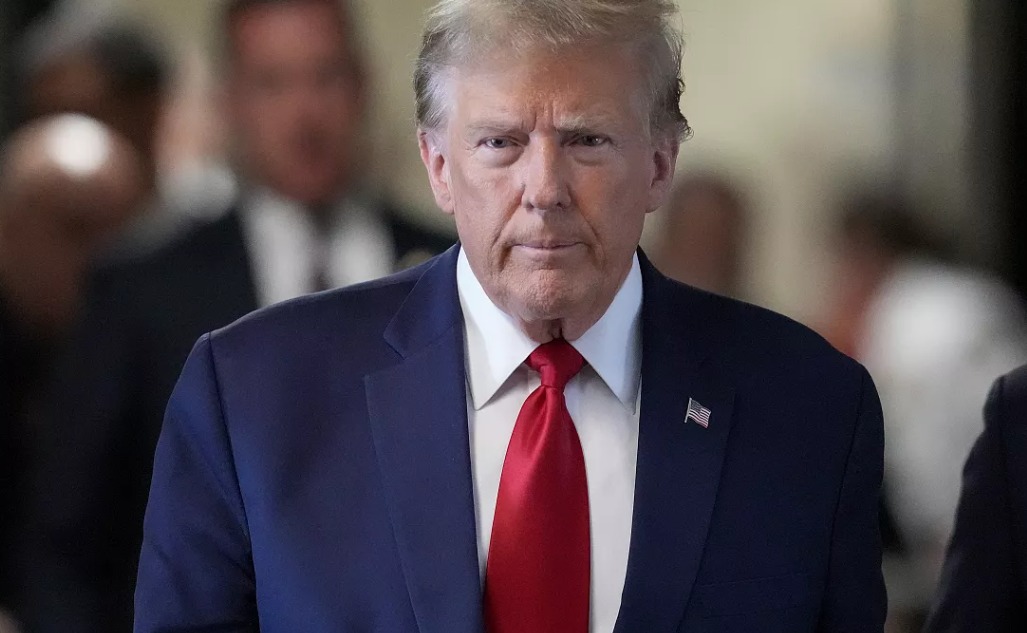
Donald Trump, the 45th President of the United States, is a figure whose life and career have been marked by a combination of business success, media prominence, and political controversy. Born on June 14, 1946, in Queens, New York, Trump was the fourth of five children in the family of real estate developer Fred Trump. His early life was characterized by privilege, but also by the strict discipline of his father, who played a significant role in shaping his approach to business and life.
Trump attended the New York Military Academy, where he developed a reputation for being ambitious and assertive. He went on to study at Fordham University before transferring to the Wharton School of Finance at the University of Pennsylvania, where he graduated in 1968 with a degree in economics. His education set the stage for his entry into the family real estate business, where he quickly made a name for himself.
In the 1970s and 1980s, Donald Trump expanded his father’s business from the outer boroughs of New York City into Manhattan, undertaking high-profile projects that included the development of the Grand Hyatt Hotel and the renovation of the Wollman Rink in Central Park. He became known for his flashy style, often emblazoning his name in bold letters on his buildings, which would become a hallmark of his brand. Trump Tower, completed in 1983, became a symbol of his success and ambition, attracting celebrities, tourists, and business moguls alike.
Trump’s business ventures extended beyond real estate, as he ventured into casinos, sports teams, and the entertainment industry. He owned the Miss Universe and Miss USA pageants, and in 2004, he became the star of the reality television show *The Apprentice*. The show was a massive success, turning Trump into a household name and popularizing his catchphrase, “You’re fired!” His television persona as a tough, no-nonsense businessman helped cement his image as a man who could get things done.
In June 2015, Donald Trump announced his candidacy for President of the United States as a Republican. His campaign was unconventional from the start, marked by his brash rhetoric, disregard for political correctness, and promises to "Make America Great Again." He focused on issues like immigration, trade, and national security, striking a chord with many Americans who felt left behind by globalization and disillusioned with the political establishment.
Trump’s campaign was controversial, drawing both fervent support and strong opposition. His rallies were often marked by protests, and his comments about women, immigrants, and minorities sparked outrage. Despite the controversies, Trump secured the Republican nomination and went on to win the 2016 presidential election against Democratic candidate Hillary Clinton in a stunning upset.
As President, Donald Trump’s tenure was marked by a mix of significant achievements and deep divisions. He fulfilled several campaign promises, including appointing conservative judges to the federal courts, including three Supreme Court justices, and passing a major tax reform bill. His administration also focused on deregulation, aiming to boost the economy by reducing the burden of federal regulations on businesses. Trump’s foreign policy was characterized by a focus on "America First," leading to renegotiations of trade agreements, the withdrawal from the Paris Climate Agreement, and attempts to denuclearize North Korea.
However, Trump’s presidency was also marked by controversy and polarization. His handling of the COVID-19 pandemic, which emerged in 2020, drew significant criticism, as did his response to the Black Lives Matter protests following the killing of George Floyd. Trump’s relationship with the media was combative, and he frequently referred to unfavorable coverage as "fake news." His use of Twitter to communicate directly with the public was unprecedented for a sitting president and often sparked intense debate.
The 2020 presidential election saw Trump running for re-election against former Vice President Joe Biden. The election was highly contentious, with Trump refusing to concede and claiming widespread voter fraud despite a lack of evidence. This culminated in the January 6, 2021, storming of the U.S. Capitol by some of his supporters, an event that led to Trump being impeached for a second time, making him the first president in U.S. history to be impeached twice.
Since leaving office, Donald Trump has remained a powerful figure in American politics, continuing to influence the Republican Party and hinting at a potential run for the presidency in 2024. His legacy is one of deep division but also of profound impact, as he reshaped the Republican Party and the American political landscape in ways that will be studied and debated for years to come.
0 More Answers